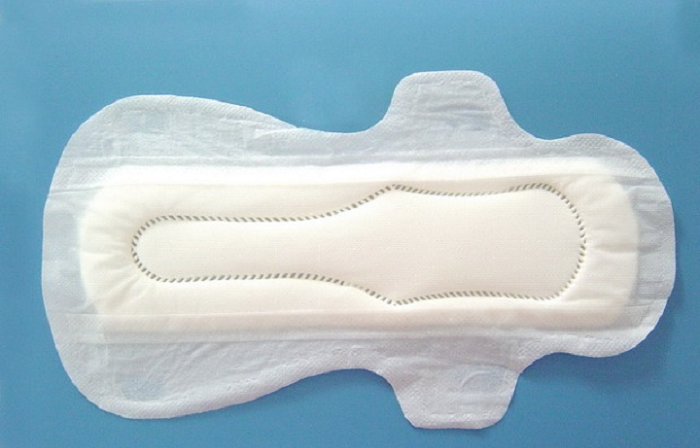
Some parents can’t afford sanitary pads for children
"Our parents cannot afford to buy sanitary pads for us which cost GH¢5 per pack and so some of us often wear between three or four panties as our pads; at times we use old clothes in the house after we have washed them as our sanitary pads during menstruation." These are the words of Amina Imoro, 14, a Junior High School (JHS) One student of Sayoo E/A JHS and Baba Salamatu, 15, a JHS One pupil of the Loagri-Kukua JHS, both in the West Mamprusi District of the Northern Region.
Advertisement
The girls recounted their pathetic experiences in an interview with the Daily Graphic at Wulugu about the fact that their parents did not have the money to purchase sanitary pads for them every month.
Recently, the world celebrated the 2017 Menstrual Hygiene Day and these girls were among pupils who were selected by the Catholic Relief Services (CRS), a non-governmental organisation (NGO), to participate in the celebrations.
According to them, anytime they had their menses, they would have to ask permission to stay at home until the menstruation period was over.
They equally pointed out that some of their female teachers had been giving them some sanitary pads they (the teachers) purchased for themselves.
However, in the absence of that, the girls would have to use old clothes or wear many panties as alternatives for sanitary pads, a situation they described as very pathetic.
Wake-up call
Owing to these challenges girls from poor rural communities faced, the CRS Water, Sanitation and Hygiene (WASH) Programme Manager, Dr Philip Darko, explained that apart from "educating girls on menstrual hygiene, boys must equally be educated to reduce the stigma around this all-important period in a girl's life".
Dr Darko advocated the need for women and girls to be educated on menstrual hygiene so that they would feel confident and empowered to make informed decisions about how to manage their menstruation.
He noted that menstrual hygiene education must be integrated into the national school curricula, policies and programmes for adolescents.
The manager also opined that there was the need to promote education for boys, men, teachers, health workers and other professionals so they could help break negative social norms and provide accurate information and support.
Dr Darko further intimated that lack of WASH-friendly schools affected attendance and learning in two major ways; first it discouraged girls from hygienically managing menstruation, resulting in their monthly absenteeism from school.
He said as many as 70 per cent of children in northern Ghana were exposed to water-borne diseases due to lack of good hygienic practices, the use of unsafe water and unclean sanitation facilities.
Dr Darko noted that stakeholders should find a way of ensuring that hygienic sanitary pads were produced locally to make it available and re-usable for girls.
He announced that a new programme known as Integrated Community Water, Sanitation and Hygiene Programme (ICO-WASH) would soon be rolled out by the CRS for 160 communities in two districts in the Northern and Upper East regions. The districts are West Mamprusi and Nabdam respectively.
The West Mamprusi School Health Programme Coordinator, Hajia Zakari Sirina, suggested to the government and policy makers to include the provision of sanitary pads in the capitation grant and ensure that changing rooms for girls and other sanitary facilities were provided in all schools.



